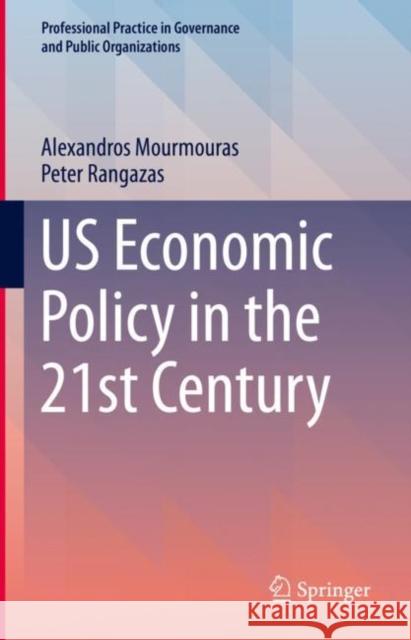US Economic Policy in the 21st Century » książka
topmenu
US Economic Policy in the 21st Century
ISBN-13: 9783031364365 / Angielski / Twarda / 2023 / 153 str.
US Economic Policy in the 21st Century
ISBN-13: 9783031364365 / Angielski / Twarda / 2023 / 153 str.
cena 281,76
(netto: 268,34 VAT: 5%)
Najniższa cena z 30 dni: 269,85
(netto: 268,34 VAT: 5%)
Najniższa cena z 30 dni: 269,85
Termin realizacji zamówienia:
ok. 22 dni roboczych.
ok. 22 dni roboczych.
Darmowa dostawa!
Kategorie:
Kategorie BISAC:
Wydawca:
Springer International Publishing AG
Seria wydawnicza:
Język:
Angielski
ISBN-13:
9783031364365
Rok wydania:
2023
Ilość stron:
153
Wymiary:
23.5 x 15.5
Oprawa:
Twarda
Dodatkowe informacje:
Wydanie ilustrowane











